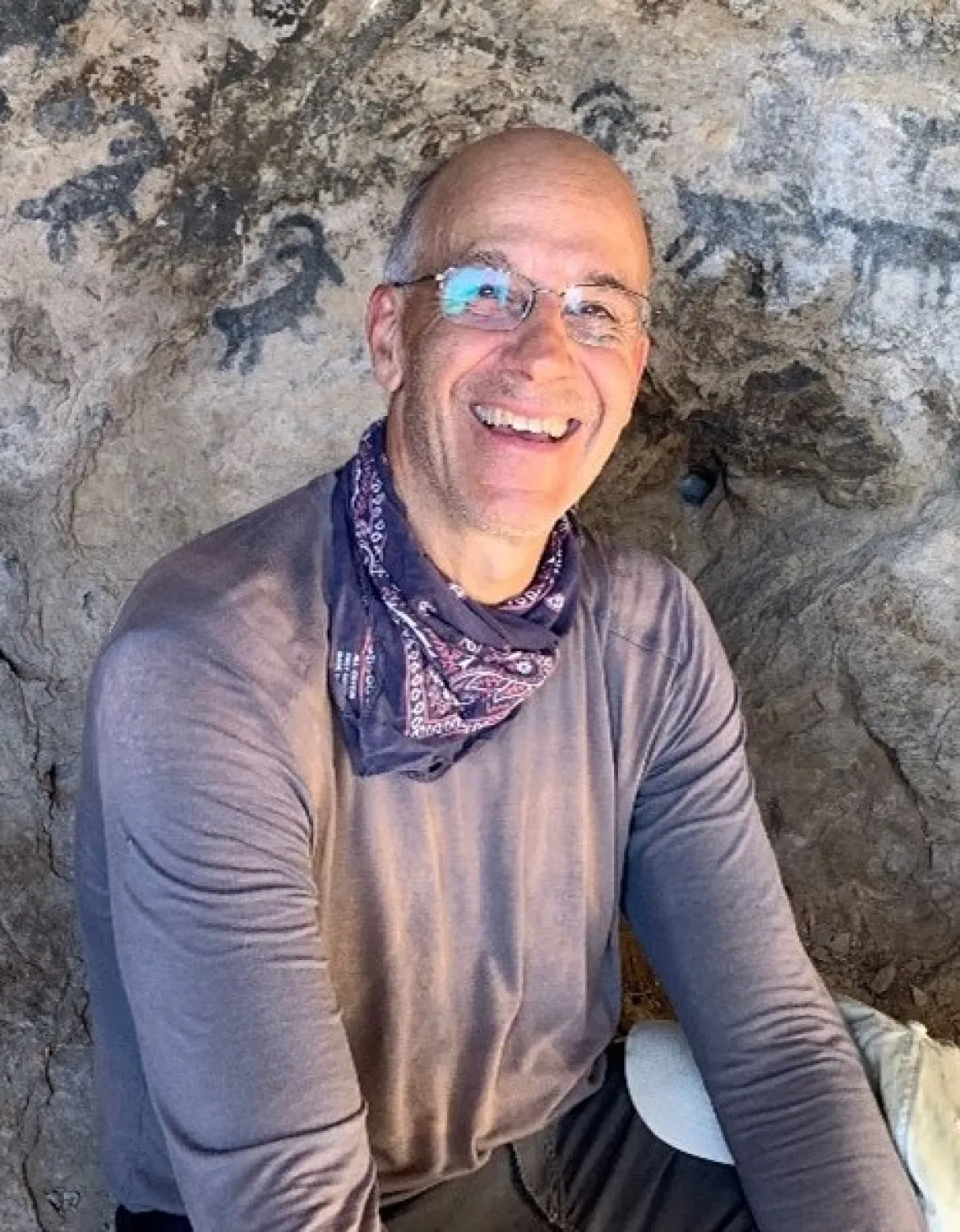Faculty Spotlight: Bernard Futscher, PhD

Bernard Futscher, PhD
Professor, Pharmacology and Toxicology
Assistant Research Scientist, UA Cancer Center
Question 1: What initially drew you into pharmacology and toxicology?
Learning about DNA in undergraduate biology and chemistry courses while also reading the novels of Kurt Vonnegut somehow made things come together in my mind and made me believe that a deep understanding of DNA could reveal (almost) everything about what it is to be human. Didn’t quite turn out that way, but no regrets.
Question 2: What undergraduate classes are you currently teaching? (A list of the classes without descriptors is fine too.) Can you tell us more about the new class you will be teaching this fall, "Drugs and Humanity?"
I currently teach:
PCOL440 – Rigor in Science &
PCOL473 - Pharmacogenomics
With respect to the new “Drugs & Humanities” course, I can provide the following description:
Drugs shape society. Drugs prevent and cure mortal diseases and have dramatically increased human lifespan thereby forever changing the fabric of society and civilization. Drugs have evolved alongside human inquiry and have informed many areas of medicine, science, art, justice, and policy.
The consequences of drug use or pharmacotherapy, intended and unintended, may alleviate pain and ward off death, while at the same time contribute to pain and death. Such are the complexities of small molecules ingested often in vanishingly small amounts. While the effects may appear magical, they are rooted in science, technology, engineering and mathematics.
In this course we will use examples of drugs that have shaped humanity to examine the underlying biologic mechanisms and pharmacologic principles that cause the drug’s desired (and undesired) physiologic/psychologic effects. We will attempt to put these drugs in the historical context in which they emerged and describe how societal modernization provided the foundation for organized reasoned drug development and the establishment of our contemporary pharmaceutical industry. As the course draws to a close, we will examine the likely pharmacologic agents and approaches that will impact society in the future.
Question 3: What is your favorite thing about the PharmSci major?
Engaged and enthusiastic students – this is what draws me to undergraduate education.
Question 4: What advice do you have for incoming PharmSci students?
Be yourself.
Question 5: What do you love most about researching cancer epigenetics?
Most everyone thought I was crazy to study cancer epigenetics when I opened my lab a long time ago. It was as if I was saying I was going to do astrology research. So, over the long haul, I was able to bear witness to cancer epigenetics going from a fringe research area to its acceptance as a critical regulator of human carcinogenesis. And now we see the first epigenetic-based anti-cancer drugs being approved by the FDA. Proof of principle has been achieved. There has been real progress, but there is still plenty left to do. Good things take time.
Question 6: What is one fun fact about yourself?
I am at my happiest when I am exploring the wilds of Arizona’s backcountry
Question 7: Is there anything else you would like to add or mention?
I won’t call it a guilty pleasure because I feel no guilt, but I have to say I love horror movies/shows/books. Can’t wait for the next season of American Horror Stories


